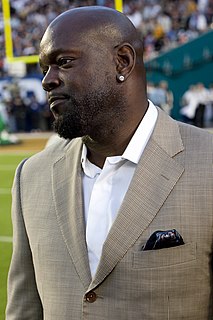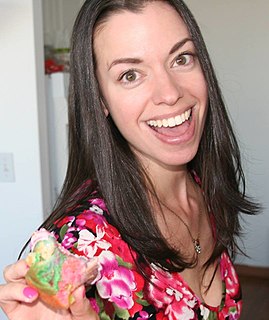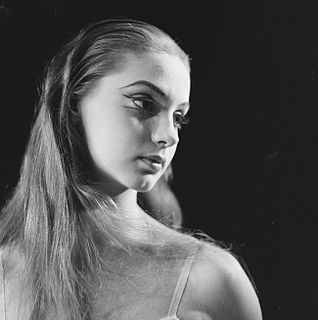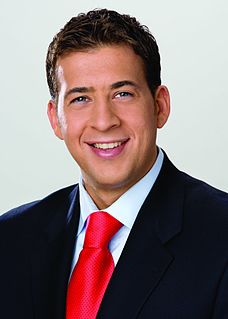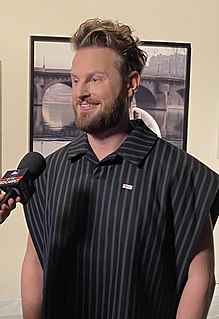A Quote by Tony Robbins
Many people say, "Well, I'd love to make a decision like that, but I'm not sure how I could change my life." They're paralyzed by the fear that they don't know exactly how to turn their dreams into reality. And as a result, they never make the decisions that could make their lives into the masterpieces they deserve to be. I'm here to tell you that it's not important initially to know how you're going to create a result. What's important is to decide you will find a way, no matter what.
Quote Topics
Related Quotes
I know how important it is to have your quarterback standing upright. Matter of fact, I know how important it is not to allow someone hit on him period because I want him to think that this pocket is completely safe, no one is going to get to me and I got all the time in the world to make whatever decisions I need to make.
Never give up on your dreams. No matter how many people say it’s impossible, no matter how difficult your journey is, you can create your ideal life. Your heart’s desires can become reality. Make things better now by taking steps every day to get closer to the life you want. And never, ever give up.
If there is any one skill that every professional must learn, it is how to brand himself or herself in the marketplace. A brand provides certainty to customers and lets them know that what they`re getting is the best. People don`t like to make decisions. Once we decide, for example, the kind of toothpaste we prefer, rarely do we change. We have to make so many decisions every day in our lives that most of us are overwhelmed.
Any time you do something, you make decisions about time and space. I wanted those decisions to be out of my hands. I could be dragged, carried along by another person, I could be a receiver. I could be the agent of the overall scheme, but I didn't want to be the agent of the particular action. I could make the ultimate decision that my space is going to change now, but I don't know where it's going to go.
This is an important distinction, because most of the modern philosophies that deny that we can know reality, and ultimately truth, make the mistake of constructing epistemological systems to explain how we know reality without first acknowledging the fact that we do know reality. After they begin within the mind and find they can't construct a bridge to reality, they then declare that we can't know reality. It is like drawing a faulty road map before looking at the roads, then declaring that we can't know how to get from Chicago to New York!
What you really need to build a character is exactly what you don't have in the movies - time. You know, movies are like a line drawing. You have to make very quick decisions, which are, in the end instinctive. Or you make a decision to say "Well, maybe I can do that, because... Oh, that could be irritating after a while, or distracting, etc. etc." Some of it is a matter of time, always.
You
cannot assume that somebody can define you. You cannot
assume that the other person is right. No matter how they
say it to you, no matter with how much force they say, ‘Oh
my god, you’ll never make it; oh my god, you’re not bright;
you could never do this’—that’s one person. I can’t tell you
how many people told me I would never be an actor.
If something doesn't turn out as planned, you will ask yourself, 'How did I create that? What was I thinking? What were my beliefs? What did I say or not say? What did I do or not do to create that result? How did I get the other person to act that way? What do I need to do differently next time to get the result I want?'
I used to read more when I was a kid than I do now. It was all sort of fuel for the fire to teach you how to think and how to make things and it informed the architecture that I was doing. It's better coming in with that history and that kind of knowledge and depth of understanding of humanity that is very important for building buildings - for understanding people and how they should live and how you could make your lives better and stuff like that.
Although we do come from a silent profession, it is important for us to verbalize what we want to say. (As I tell my students): you could love someone all your life, but if you never say it how are they going to know? There comes a point when you have to say what you mean, which makes you scream louder when you dance.
The biggest threat to your creativity is the fear that it's already been done, said, created. (So why bother?)
Say it, do it, make it anyway - but tell YOUR story along the way.
The story of how you came to know what you know.
The story of what you want to know more of.
The story of why you do what you do.
The story of how you came to care.
And that's how you create what's never been created before.

